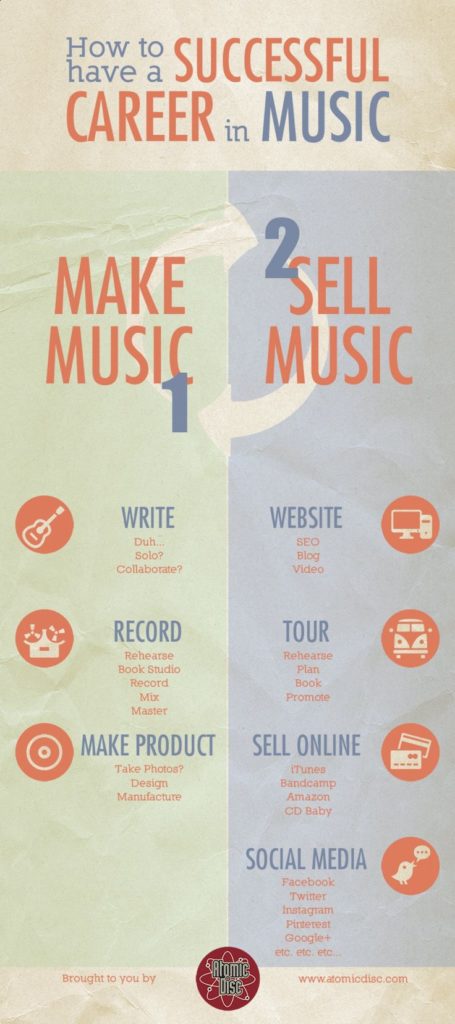
These worries resonate with 30-year-old Tiffany, who is desperate for change after a decade in the culinary industry. These fears are not helped by the fact that many people are saving less amid current economic instability for instance, late 2022 data from the Federal Reserve Bank of St Louis shows Americans are now only able to save 2.4% of their disposable income, compared to nearly 34% at the height of the pandemic. In the UK, 2021 data from UK vocational education organisation City & Guilds shows that Britons who’d like to pivot careers are worried about taking on the cost of re-training, particularly among workers aged 25 to 34.

“This has been exacerbated by soaring living costs placing an additional squeeze on disposable incomes.” “There are significant barriers to re-training, including funding the course while meeting basic living costs and the ability to reduce working hours for training purposes,” says Catherine Foot, director of Phoenix Insights, the longevity think tank set up by UK-based insurance provider Phoenix Group. This has always been the case, of course, but now, current economic conditions are making these additional costs more difficult to shoulder. While it’s true that many of these jobs do have endurance, pursuing a new career often requires retraining or re-education – which takes time and money. “These roles tend to be where the skills shortages are, so they offer good prospects of work,” says Fiona Christie, a lecturer at Manchester Metropolitan University, UK, who specialises in employability and graduate outcomes. There’s no such thing as a ‘fool-proof’ career, but many workers consider back-up careers in industries such as teaching or trades more stable or in Chris’s case, he’s moving to an industry that seems to be quickly expanding and seeking talent trained on new technology.īack-up careers have had a reputation for staying power – largely, they seem stable or ‘safe’ enough to weather economic changes. However, faced with hard-to-swallow re-training costs, industry burnout and instability in traditionally secure industries, pivoting to a ready-to-roll career isn’t as straightforward, or even possible, as it once was. Indeed, throughout the years, it has been largely realistic to have a practical plan B at the ready. “Having a more ‘safe’ backup career meets people’s need to feel secure and confident to pursue less traditional careers,” says Sarah Henson, senior behavioural scientist at digital career-coaching platform CoachHub. Workers who take a job in volatile or selective industries might feel a sense of security in the belief that they have an alternative, ‘stable’ option if their first choice career doesn’t work out.

By and large, the alternative career is in an industry with plenty of jobs and security, generally stable even in strong economic headwinds. In some cases, this contingency might be in a field that aligns with their hobbies and interests in other cases, it’s one that’s tolerable and pays the bills. Like Chris, many workers have an alternative plan if their career doesn’t work out – a kind of fall-back in a more stable industry, to which they can pivot if their plan A doesn't pan out. Now, the California-based animator is considering pivoting to a ‘back-up career’ in user-experience (UX) design, where the market is growing fast, and pay is relatively high. However, he wants children soon, and the fluctuating cash flow is becoming problematic. In the past, he was able to cope with the uncertainty.

“So, when the production is up, you're kicked to the curb – no severance, no nothing.” “The industry invests nothing in long-term production planning or talent retention,” explains 35-year-old Chris. He loves the job, but the financial instability is forcing him to consider other options. Chris has been in the animation industry for more than a decade, and still gets excited about each week’s assignments.


 0 kommentar(er)
0 kommentar(er)
